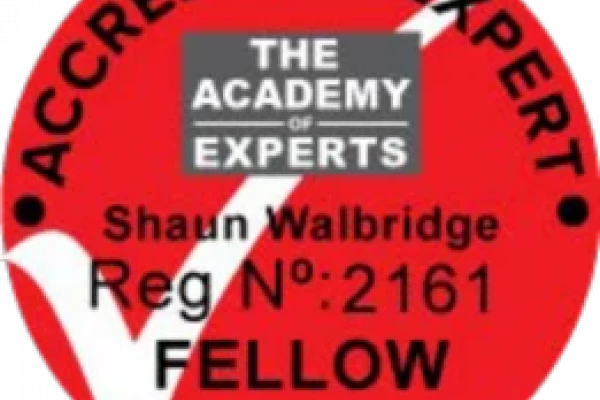
-
About us
Our Experts
- Services
- International Services
-
Experts' directory
- Articles & blog
- Contact us

Articles & Blog
Topical issues from the world of Forensic Accounting
Guidance on Joint Statements
-
Published
-
By Shaun Walbridge
In 1989 the Lord Chancellor approved the formation of the Judicial Committee of The Academy of Experts consisting of seven senior Judges representing the English, Scottish and Northern Irish Benches. In 2003, the Lord Chancellor approved inclusion of the Hong Kong Bench followed by approval for the Singapore Bench in 2019. In the last 30 years it has rendered invaluable assistance in the promotion and improvement of standards.
In Civil Litigation one of the most valuable tools for the parties and especially the courts is the Joint Statement of Experts which results from the Meeting of Experts. These Meetings, usually court ordered, go under a variety of different labels – Meetings; Conferences; Conclaves; Discussions and others – however in essence they are all Meetings of Experts. For ease of multi-jurisdictional reading they are referred to in this Guidance as ‘Meetings’. Similarly the words Claimant and Defendant are used irrespective of jurisdictional labels such as Claimant, Pursuer and Respondent.
The purpose of these Meetings is to produce a Joint Statement showing the Expert issues they agree and those which they do not agree and the reasons they cannot agree. Although most Meetings in Common Law jurisdictions are ‘Without Prejudice’, the Joint Statement once signed by the Experts is an ‘Open’ document which will be for the benefit of the Court as well as the parties.
Meetings are intended to be ‘technical’ meetings of professionals of like discipline and not adversarial or partisan. The rules governing Meetings and Joint Statements are very similar in most of the jurisdictions. Although this Guidance is focussed on Court Ordered Meetings, it is likely to be applicable to Tribunal or Arbitrator directed Meetings.
This Guidance is intended primarily to apply to adversarial Common Law Civil Litigation. Other proceedings for example in the Family Courts or in Public Inquiries, may have different requirements although the principles may be of assistance.
Featured articles

So, What Does a Forensic Accountant Do?

Forensic Accounting – A Hot Job?
Forensic Accountancy...Not So Elementary?

Cryptocurrency - Forensic Accountants as Expert Witnesses

The Contractual Disclosure Facility (CDF) – your options
Guidance on Joint Statements

The Academy of Experts - a personal perspective
A new year in the offing and at last, a new web site!

CRIME & CRYPTOCURRENCY - OF IT'S TIME
Re: Artemas Joseph Holdings Limited (AJHL) - [2024] EWHC 850 (Ch)

Insights into instructing the right Expert for your case

"Forensic Accounting"
Contact Us Today
For further information or assistance, please contact Shaun Walbridge on 07775 712961 or Stephanie Kenyon on 07801 994459
or call 0203 463 1910
© Matrix Legal & Forensic Services Ltd - 2025
Website designed and developed by morphsites®
This website uses cookies to ensure you get the best experience. Learn more